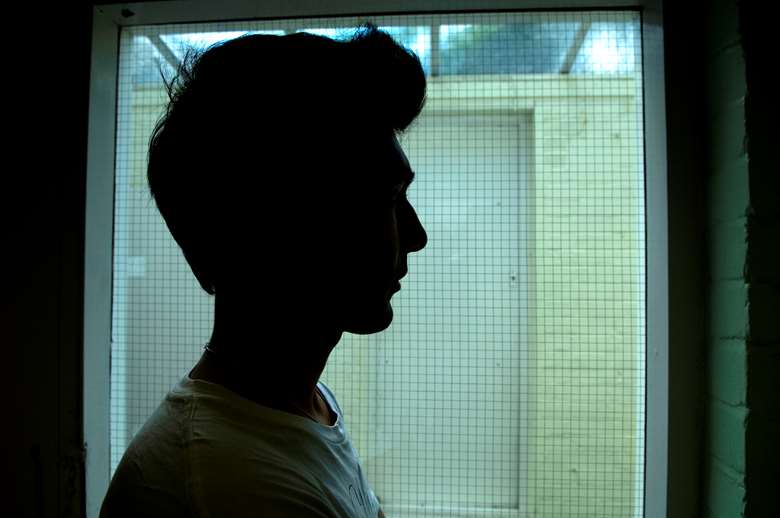Social workers told to give ‘benefit of doubt' when assessing asylum seekers' age
Neil Puffett
Wednesday, October 14, 2015
Social workers should "give the benefit of the doubt" to asylum seekers when deciding whether they are a child or an adult, children's services leaders have said.

New guidance published by the Association of Directors of Children's Services (ADCS), states that the primary responsibility of social workers is to safeguard the welfare of children, so any decisions made when assessing the age of asylum seekers should be made with this in mind.
The instruction comes amid growing numbers of asylum seekers attempting to make their way into the UK.
Children seeking asylum in the UK receive additional levels of protection compared with adults, both in terms of how they are cared for and in terms of how they are treated in the immigration system.
But this additional protection means that some adults attempt to claim they are children.
The guidance states that if, after assessment, social workers have some doubt about the age of the person they are assessing, they should give them “the benefit of the doubt”.
“In many cases it will not be possible to know definitively the age of the child or young person with whom you are working,” the guidance states.
“Where there is doubt about whether or not the young person is a child, the dangers inherent in treating a child as an adult are in almost all cases far greater than the dangers of taking a young adult into your care.”
The guidance adds that the risks of not taking a child into the care of the local authority are "multiple".
It says that a child treated as an adult will not receive the support from the local authorities in terms of safe accommodation, the support of a social worker and a foster carer or keyworker, as well as access to education and health care.
It adds that there are important safeguards in place in the immigration system for children.
“These include the way that an asylum application is processed, and the possible outcomes of that application.
"For example, an unaccompanied child will not be detained for immigration purposes, and if their asylum application is unsuccessful then they will not be removed to another country on their own unless the Secretary of State is satisfied that safe and adequate reception arrangements are in place.”
"Therefore the child may receive a temporary grant of leave to ensure that they are protected in the short term. In contrast, a child who is treated as an adult may be detained and removed from the country without any planning or safeguards."




